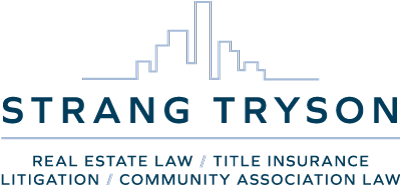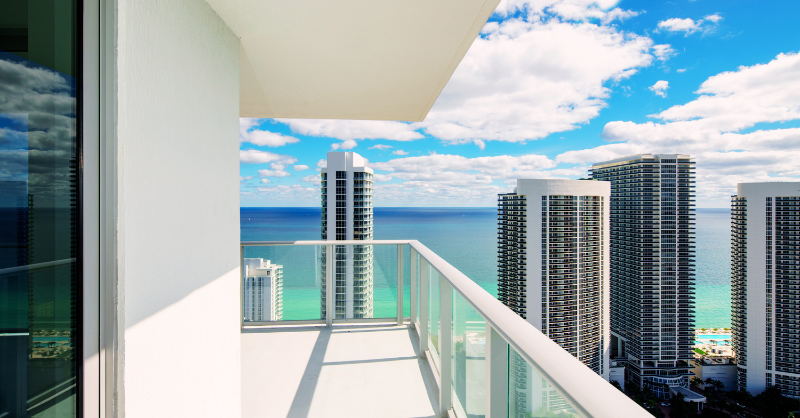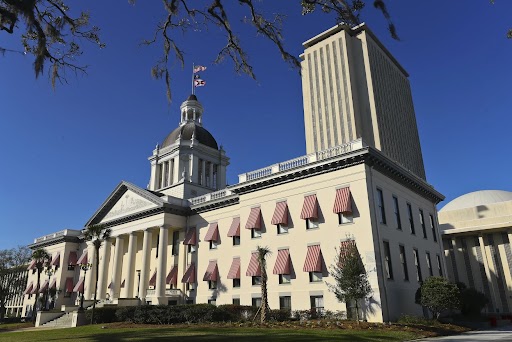Florida’s condominium laws have undergone significant reform in the wake of the Surfside tragedy, and 2025 marks a critical deadline for compliance with the new structural safety and reserve funding mandates. These changes, implemented through Senate Bill 4-D and further refined by Senate Bill 154, affect condominium and cooperative buildings that are three stories or taller. Both unit owners and association boards must understand what’s required to avoid steep penalties and potential legal exposure.
Structural Inspections: Milestone Reports & Recertification Deadlines
By the end of 2024, all affected buildings that are 30 years or older (or 25 years if within 3 miles of the coast) must have completed a “milestone inspection” by a licensed engineer or architect. Buildings must undergo additional inspections every 10 years thereafter. These reports are split into two phases:
- Phase 1 involves a visual inspection to identify any substantial structural deterioration.
- Phase 2 requires more detailed testing and repair recommendations if issues are found.
Associations must provide these reports to local building officials and distribute them to all unit owners. Failure to comply may result in fines and lawsuits against the Board of Directors for breach of fiduciary duty.
Structural Integrity Reserve Studies (SIRS)
In addition to milestone inspections, associations must also complete a Structural Integrity Reserve Study (SIRS) every 10 years, beginning no later than December 31, 2024. This study evaluates the funding needed for future repairs to key structural components such as the roof, plumbing, load-bearing walls, and foundations. Importantly, associations are prohibited from waiving or underfunding reserves for these items.
This provision represents a seismic shift in Florida condo law, as previously associations had the option to waive reserve funding (either partially or fully) to keep assessments low. Now, boards are legally obligated to collect and maintain sufficient reserves for the items required by statute—a move designed to protect property values and life safety.
What Owners & Boards Should Do Now
- Schedule inspections early: Engineers are in high demand, and delaying could risk noncompliance.
- Review financials and budgets: Associations must align reserve funding with the SIRS findings.
- Educate unit owners: Boards should communicate clearly about the need for increased assessments and the consequences of noncompliance.
- Consult legal counsel: Associations navigating these changes should seek legal guidance to avoid liability and ensure all steps are properly documented.
The 2025 deadline is not just an administrative milestone—it’s a turning point in how Florida ensures the safety and financial health of its aging condo stock. Proactive compliance is not optional; it’s essential.





